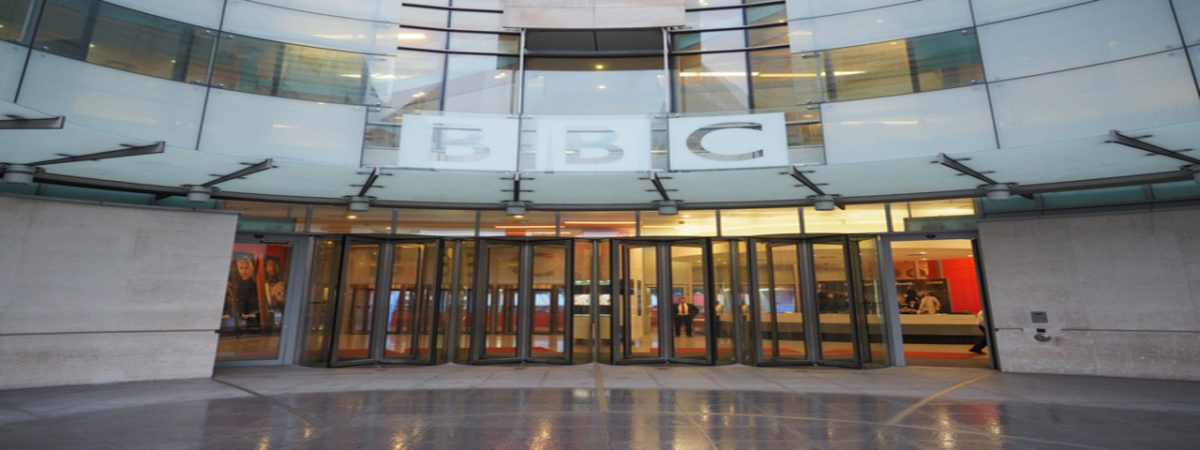Longer opening hours have been a success
SUGGESTED

Mark Littlewood on the upcoming BBC Charter Review

New IEA research on Thatcher, and the myth of deregulation

New IEA paper looks at the impact of Licensing Act over the last 10 years
– Violent crime fell
– Binge-drinking fell
– Alcohol consumption fell
– Fewer drink-driving accidents
– No rise in alcohol-related A & E admissions
– No rise in alcohol-related deaths
The relaxation of licensing laws ten years ago benefited consumers and did not result in the disastrous outcomes predicted at the time. Violent crime fell, alcohol consumption fell and rates of binge-drinking fell, particularly amongst young people. The number of drink-driving accidents also dropped significantly after the Act came into force. There was no rise in alcohol-related Accident and Emergency admissions or alcohol-related deaths.
In Drinking, Fast and Slow: Ten Years of the Licensing Act, Christopher Snowdon debunks the myth that extending licensing hours for pubs, bars and nightclubs led to a rise in demand for alcohol and perpetuated excessive drinking. Contrary to popular belief, alcohol consumption per capita fell by 17 per cent between 2005 and 2013, the biggest decline since the 1930s.
Equally false were predictions that longer opening hours would bring about a rise in drink-fuelled crime and result in more alcohol-related health problems, placing a greater strain on Accident and Emergency departments. Far from provoking a ’24-hour drinking culture’, the Licensing Act has removed some of the constraints on where and when people can have a drink, providing the public with greater choice.
Key Findings:
Alcohol consumption – Greater availability of alcohol has not coincided with a surge in demand, as the consumption of alcohol has fallen substantially since 2005.
Binge-drinking – Every measure of excessive drinking has shown a decline. Since 2005, the number of 16 to 24 year olds binge drinking has fallen from 29 per cent to 18 per cent, and from 25 per cent to 19 per cent amongst 25 to 44 year olds. Being teetotal is now as common amongst 16 to 24 year olds as it is amongst pensioners.
Violent crime – The rate of violent crime in England and Wales has fallen by 40 per cent since 2004/05. Incidents of crimes generally aggravated by alcohol have fallen steeply and the number of domestic violence incidents has also declined (by 28 per cent). Although some evidence suggests that violent crime has been dispersed later into the night, this accounts for just a small percentage of total crime and the overall decline has been considerably greater.
Health outcomes – Little evidence exists to suggest that the Licensing Act brought about a rise in the number of alcohol-related admissions to Accident and Emergency departments. Numerous studies have shown that the Licensing Act had a positive or neutral effect.
Commenting on the report, Christopher Snowdon, Director of Lifestyle Economics at the Institute of Economic Affairs, said:
“Facilitating longer opening hours may have been the best thing the Labour Party ever did. The hysteria about so-called 24-hour drinking ranks as one of the great moral panics of our time, but the evidence is now clear: The doom-mongers were wrong. Far from bringing about the catastrophic repercussions that were forecast when it was introduced, the Licensing Act has coincided with a fall in binge-drinking and made little difference to the rate of crime and alcohol-related health problems. The biggest consequence of relaxing licensing laws has been that the public are now better able to enjoy a drink at the time and location of their choice.“
Notes to editors:
To arrange an interview about the report please contact Camilla Goodwin, Communications Officer, cgoodwin@iea.org.uk or 07821 971 443.
The full report, Drinking, Fast and Slow: Ten Years of the Licensing Act, can be downloaded here.
The mission of the Institute of Economic Affairs is to improve understanding of the fundamental institutions of a free society by analysing and expounding the role of markets in solving economic and social problems.
The IEA is a registered educational charity and independent of all political parties.



